On 9–10 June this workshop will explore whether, and how, we can make progress in decision theory by modelling a decision-maker’s reasons and/or mental states.
Traditionally, decision theory – especially in economics and the social sciences – has been behaviouristic. Decision theorists have tended to avoid references to a decision-maker’s mental states and to interpret preferences and beliefs merely as formal constructs representing the decision-maker’s observable behaviour. In recent years, however, there has been a psychological turn in decision theory. Many studies – going back to the pioneering works of Herbert Simon, Daniel Kahneman, Amos Tversky, and others – have shown that, as a positive theory, traditional decision theory does not adequately explain human choice behaviour. This observation, in turn, has motivated a quest for more psychologically informed models of decision-making. Furthermore, the observation that real choice behaviour is more complicated than suggested by classical decision theory raises the question of what the right normative theory of decision-making is.
The aim of this workshop is to explore whether, and how, we can make progress in decision theory by modelling a decision-maker’s reasons and/or mental states. The workshop theme will be broadly construed, and the workshop topics will include both positive and normative aspects of decision-making.
Attendance is free and open to all. There is no formal registration but places in the conference room will be available on a first-come-first-served basis.
All talks will take place in room 2.06 of the Lakatos Building (marked “LAK” on the LSE Campus Map).
Programme
Day 1: Thursday 9 June |
|||
| 14:15–15:15 | Christian List (LSE)
Welcome and Introduction to the Topic |
LAK.206 | |
| 15:30–16:30 | Anna Mahtani (LSE)
“Arguments for probabilism” |
LAK.206 | |
| 16:45–17:45 | Anna Alexandrova (University of Cambridge)
“Is well-being measurable after all?” |
LAK.206 | |
| 18:00–19:00 | Arif Ahmed (University of Cambridge)
“Don’t look before you leap” |
LAK.206 | |
Day 2: Friday 10 June |
|||
| 9:30–10:30 | Marcus Pivato (Université de Cergy-Pontoise)
“Categorical decision theory” |
LAK.206 | |
| 10:45–11:45 | Natalie Gold (KCL)
“Framing, Reasons, and Rationality” |
LAK.206 | |
| 12:00–13:00 | Michael Mandler (Royal Holloway, University of London)
“Coarse, efficient decision-making” |
LAK.206 | |
| 14:15–15:15 | Magda Osman (Queen Mary, University of London)
“Psychology of decision-making: Neither harm nor good?” |
LAK.206 | |
| 15:30–16:30 | Franz Dietrich (CNRS / Paris School of Economics)
“Reason-based choice” |
LAK.206 | |
| 16:45–17:45 | Itai Sher (University of California, San Diego)
“Independent reasons” |
LAK.206 | |
| 18:00–19:00 | Richard Bradley (LSE)
“Risk as reason” |
LAK.206 | |
This workshop is organised by Professor Christian List on behalf of the LSE Choice Group and is supported by the Leverhulme Trust via Professor List’s Major Research Fellowship. Further information about this project is available on Professor List’s website.
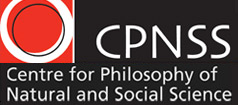 |
 |
 |




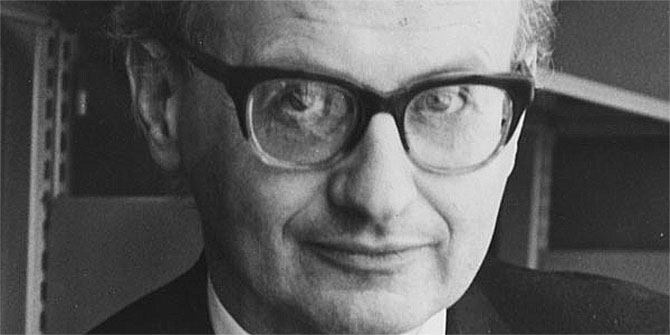
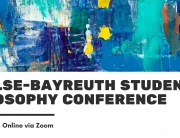
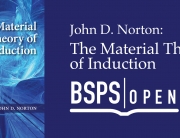


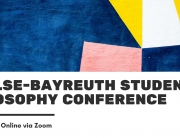




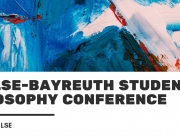










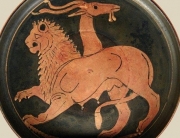







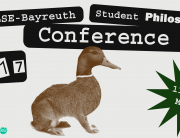

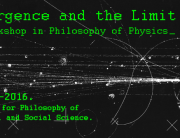
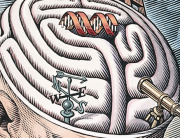


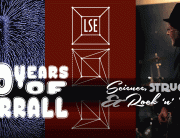






Connect with us
Facebook
Twitter
Youtube
Flickr